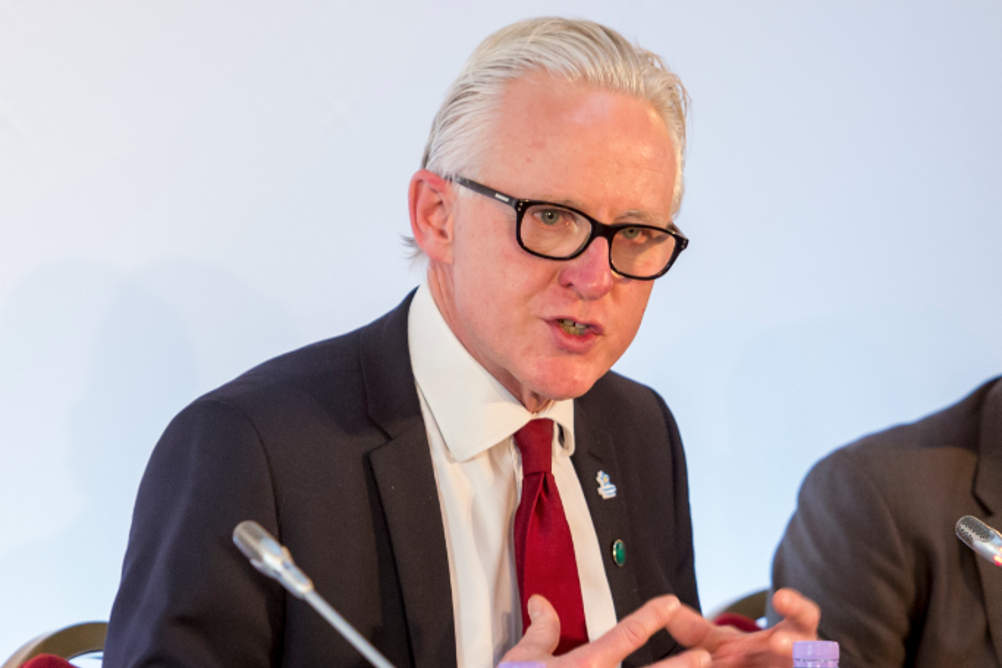
The introduction of a national strategy is a central recommendation of the Commons science and technology committee report on evidence-based early years intervention, which was released last October.
This highlighted strong links between childhood trauma and problems in later life, including health issues, lower job prospects and increased likelihood of being involved in crime.
A failure to intervene earlier in children's lives to prevent adverse and traumatic experiences is costing the government an extra £16.6bn a year in England and Wales, the committee found.
But in its response to the report the government has rejected setting up a national strategy and instead wants decisions around early intervention to be made locally.
Register Now to Continue Reading
Thank you for visiting Children & Young People Now and making use of our archive of more than 60,000 expert features, topics hubs, case studies and policy updates. Why not register today and enjoy the following great benefits:
What's Included
-
Free access to 4 subscriber-only articles per month
-
Email newsletter providing advice and guidance across the sector
Already have an account? Sign in here

